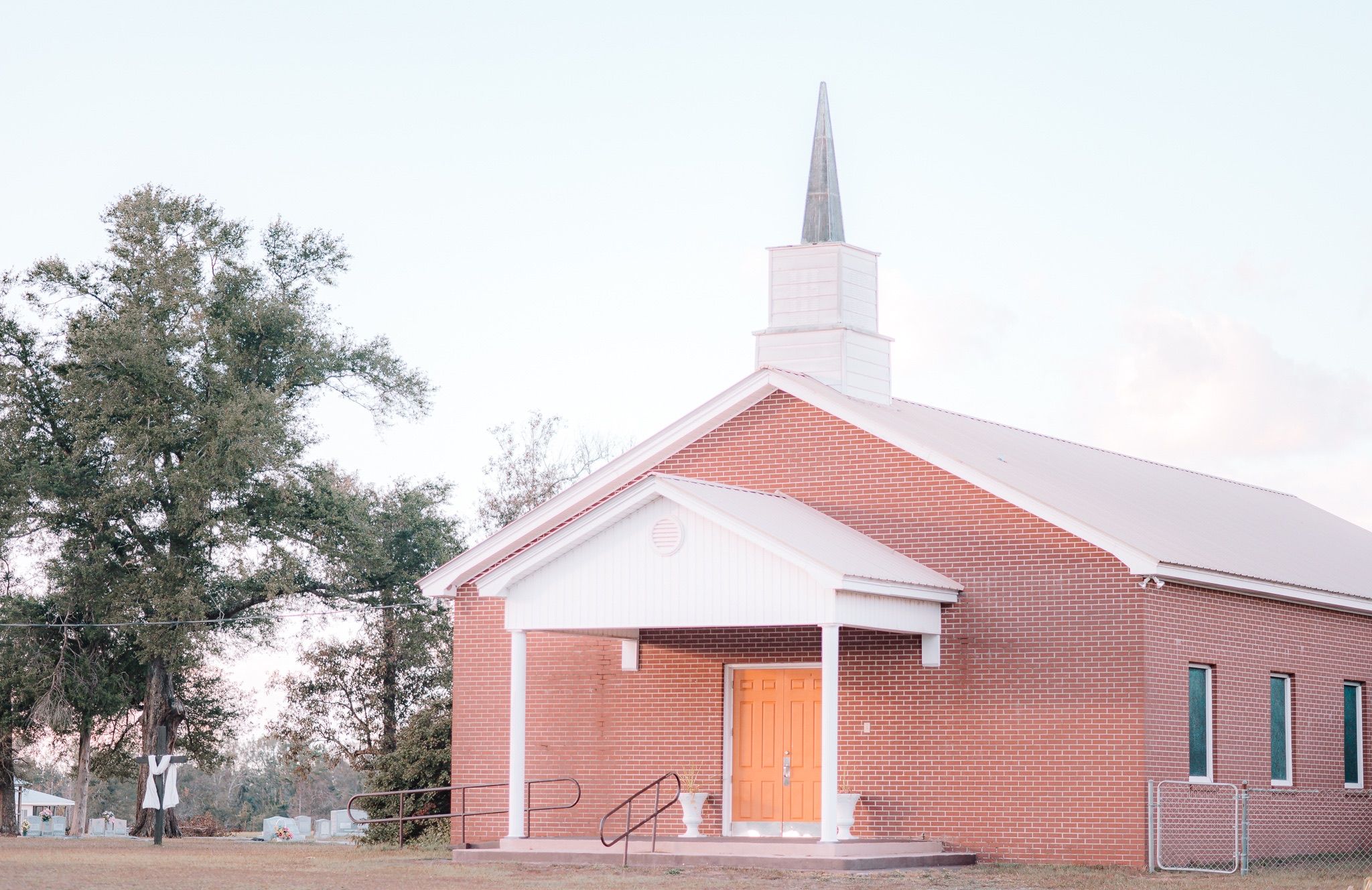Plagued by Discouragement? I Know the Cure.
Plagued by Discouragement? I Know the Cure.
Recently I was talking to a friend of mine about all of the struggles and concerns she was facing. Her job was going through a stressful transition, her parent’s health was declining, she had financial issues that resulted in much anxiety for her future, and her children were experiencing separate crises of their own. At one point in her conversation she sighed and buried her head in her hands and said, “I’m just so tired.”
But here’s the thing– despite all of her anxieties, she was getting plenty of sleep. She wasn’t physically tired. She was disheartened and dispirited. She was discouraged. She was working hard and she was taking care of so many people, and she was feeling overwhelmed by her circumstances that she felt exhausted in her soul.
I am sure that many readers can see themselves in this person. Pastors in general can feel discouragement from a variety of sources– the Monday morning inbox with a complaint about the sermon, the member who decides to go elsewhere with seemingly no real reason, the stress of his family living in a “fishbowl,” the burden of caring for everyone else. But replant pastors are susceptible to an even greater level of discouragement. For a replant pastor, the lack of resources can be a huge discouragement. A lack of funds, people, time, and materials can make changes go slow but frustrations run high. Many pastors are plagued by discouragement.
It’s an Epidemic
This plague of discouragement is not new. In the first century, Augustine of Hippo wrote a passage on how to overcome discouragement to his fellow colleagues in the faith. And yet, here we are, 2000 years later, and a Barna study recently revealed that the number of pastors who have seriously considered giving up their ministry sits at 42%, an increase of almost 15% in just the last year. Even among the pastors who haven’t considered quitting, a large percentage are facing burnout, stress, and isolation (see a separate post on pastoral friendships on why isolation is dangerous to your ministry). If almost 50% of pastors are so discouraged they are thinking of leaving the ministry, it’s not a small issue. It’s an epidemic.
In my own life, I have seen countless pastors, specifically replant pastors, face battles with depression and discouragement. Pastors who entered their replant bursting with ideas and excitement, ready to breathe life into their congregation and into their church. Within a couple of years, many of these same men (and their families) are feeling beat down and beat up. They don’t feel effective in their ministry, they are exhausted, and they are working as hard as possible not to drown under the weight of expectations.
What is the cure?
I have good news.
There is a cure for discouragement. It’s actually almost in the very word discouragement. Can you guess? The cure for discouragement is… encouragement. That’s right, the cure for the feelings of despair, frustration, and exhaustion, is to feel hope, to have support, and to inspire confidence.
But how? How can we get from one to the other?
Way back in episode 11, Jimbo and Bob (JIMBOB) helped us to answer that question with their most encouraging friend, Mark Hallock. Mark is one of the most encouraging people on the planet. If you’ve met him in person, you already know this, because you’ve probably experienced the “Hallock Hug.” There is a reason he’s referred to as “Happy Huggy Hallock.”
In the episode, the fellas discuss encouragement as it relates to Mark’s book, The Relentless Encourager. Mark points out that many of us have encouraging thoughts, but we don’t allow them to become words. So instead of our encouragement blessing another person, it’s just another thought, no more or less than what to buy at the grocery store later. We are often guilty of forgetting to encourage others, especially as we are feeling discouraged and frustrated. We are not intentional about making sure our encouraging thoughts become words and actions. We may even feel some insecurity or pride that won’t allow us to admit when someone else is doing a job well. But that attitude costs us.
The added supplement

Encouragement for others is like a glass of cold water to a parched soul– and not only to theirs, but to ours, as well. Telling someone about the difference they make in your life and lifting them up creates in us another powerful combatant to discouragement: Gratitude.
Have you ever seen a photo negative? It is the same picture, but it is distorted because the focus is on the wrong thing. We experience this when we are so discouraged we only see the negative. When there is a lack of resources, the discouraged heart sees only what it lacks. But the encouraging heart looks for those doing much with little, and in encouraging them, the encouraging heart becomes the grateful heart.
Perhaps you are wondering how you can possibly encourage someone else when you are feeling discouraged yourself. Maybe you’re even wondering why you should, since no one seems to be intent on encouraging you. (I won’t judge you for that! I’ve had that same feeling!) But the truth is, we are never more like Christ than when we see people as God sees them and we encourage them in their walk. Even as Jesus was discouraged to the point of sweating drops of blood in the garden, He prayed for his disciples’ encouragement (John 17). When we look for the ways we can express encouragement to others, we are looking for the positive in them. We are loving our neighbor and our enemy better when we seek to encourage them, and this, in turn, makes us thankful for them.
This thankfulness and gratitude cultivates an environment of encouragement to the church. Can you imagine the difference your church could make in the community if you became known as the church where people are encouraging and thankful? If you were known as a place people could come out of the darkness and experience light and hope? How can we facilitate that attitude in our churches if we don’t have it ourselves?
A replant pastor needs to breed thankfulness in his congregation. To do that, he must first be grateful. Instead of focusing on the frustrations and the negatives, he must look at what God is doing in the church. God is not done with your church, nor with you! Look at all you can be thankful for:
- God has called you to raise dying churches and to reach the faithful– what an incredible calling! What an incredible opportunity to see growth and change!
- You can be thankful you are preaching faithfully– you are doing your part, and you know you serve a faithful God who will do His!
- You get to reach people with the Gospel– I am always in awe that God uses such a flawed vessel for His Kingdom purposes! So blessed to have been even a small part in someone’s journey toward redemption and grace!
Think about your church. The struggles, yes, but I bet there have been successes, too! I am sure that while there may be some “grumpies,” there are probably more faith-filled believers who stand excited and ready to see their church thrive again. Yes, there is probably a lack of money– but God can do much with little and you are learning to trust Him in that process!
Now, think of the people who are standing with you. The friends, family members, church members, fellow pastors– have you thanked them? Have you encouraged them? Have you sought to tell them the difference it makes in your life to have them stand with you in your struggles?
This is how we defeat discouragement.
We look for the positive in others and encourage them, and then we cultivate a heart of thankfulness and gratitude for them.
Go seek someone to encourage today.
















